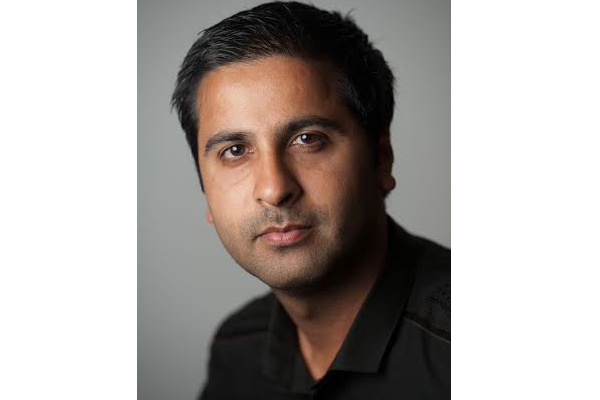
New research reveals most common ways Islamophobic Facebook trolls portray Muslims
Research carried out at Birmingham City University (UK) examined 100 different Facebook pages, posts and comments and uncovered nearly 500 instances of anti-Muslim hate speech.
The social media site was trawled for references to Muslims and Woolwich, Muslims and Islam, Muslims and Extremism, and Muslims and Terrorism, with the results covering dozens of pages including Britain First, the English Brotherhood and the English Defence League.
Dr Imran Awan, Associate Professor at Birmingham City University, who conducted the research found that there were five recurring ways in which Muslims were portrayed during abuse – which he defines as ‘the five walls of Islamophobic hate’.
‘The five walls of Islamophobic hate’ are:
· Muslims are terrorists
· Muslims are rapists
· Muslim women are a security threat
· A war exists between Muslims and ‘us’
· Muslims should be deported
Among these categories the most frequent abuse depicted Muslim women as security threats due to their clothing (76 instances), followed by the belief that Muslims should be deported (62 instances).
The view of Muslims as terrorists was the third most common (58 instances), with a war with Muslims (53 instances) and Muslims as rapists (45 instances) the next most often repeated comments.
The study also found that offensive phrases ‘Muzrats’, ‘Paki’, ‘Peado’, ‘Rapists’, ‘Dirty’, ‘Scum’ and ‘Filthy’ were among the 20 most commonly used to describe Muslims during online tirades.
The report titled Islamophobia Online: Inside Facebook’s Walls of Hate, has today been published in the peer-reviewed ‘International Journal of Cyber Criminology’.
Dr Imran Awan, Associate Professor at Birmingham City University, said: “The types of abuse and hate speech against Muslim communities on Facebook uncovered real problematic associations with Muslims being deemed as terrorists and rapists. Furthermore, with the new EU code of conduct for hate speech, this report has reaffirmed the need for such a policy.”
The analysis revealed that the shocking comments intensified following high profile events such as the Rotherham abuse case, the Trojan Horse scandal and the murder of British soldier Lee Rigby.
These events also triggered an increase in abuse across the globe with the US and Australia seeing a large increase in inflammatory comments posted on pages like Ban Islam in Australia and Ban Islam in America during the aftermath.
Men were found to be much more likely to post abuse with 80 per cent of all comments coming from male users of the site.
The report follows Facebook signing up to a new European Union code of conduct which commits it to review and remove online hate speech from its European sites within 24 hours.
Support Our Journalism
We cannot do without you.. your contribution supports unbiased journalism
IBNS is not driven by any ism- not wokeism, not racism, not skewed secularism, not hyper right-wing or left liberal ideals, nor by any hardline religious beliefs or hyper nationalism. We want to serve you good old objective news, as they are. We do not judge or preach. We let people decide for themselves. We only try to present factual and well-sourced news.







